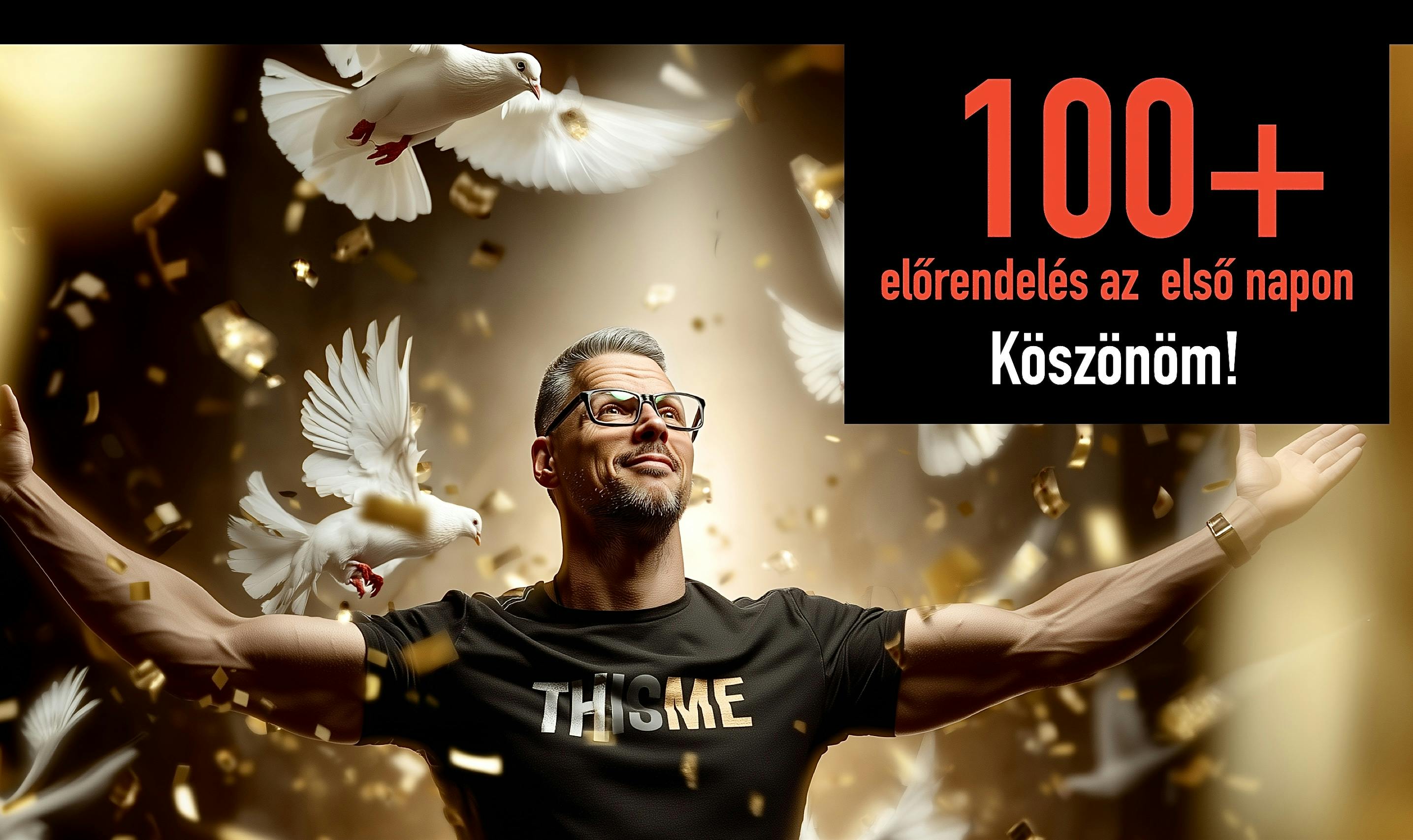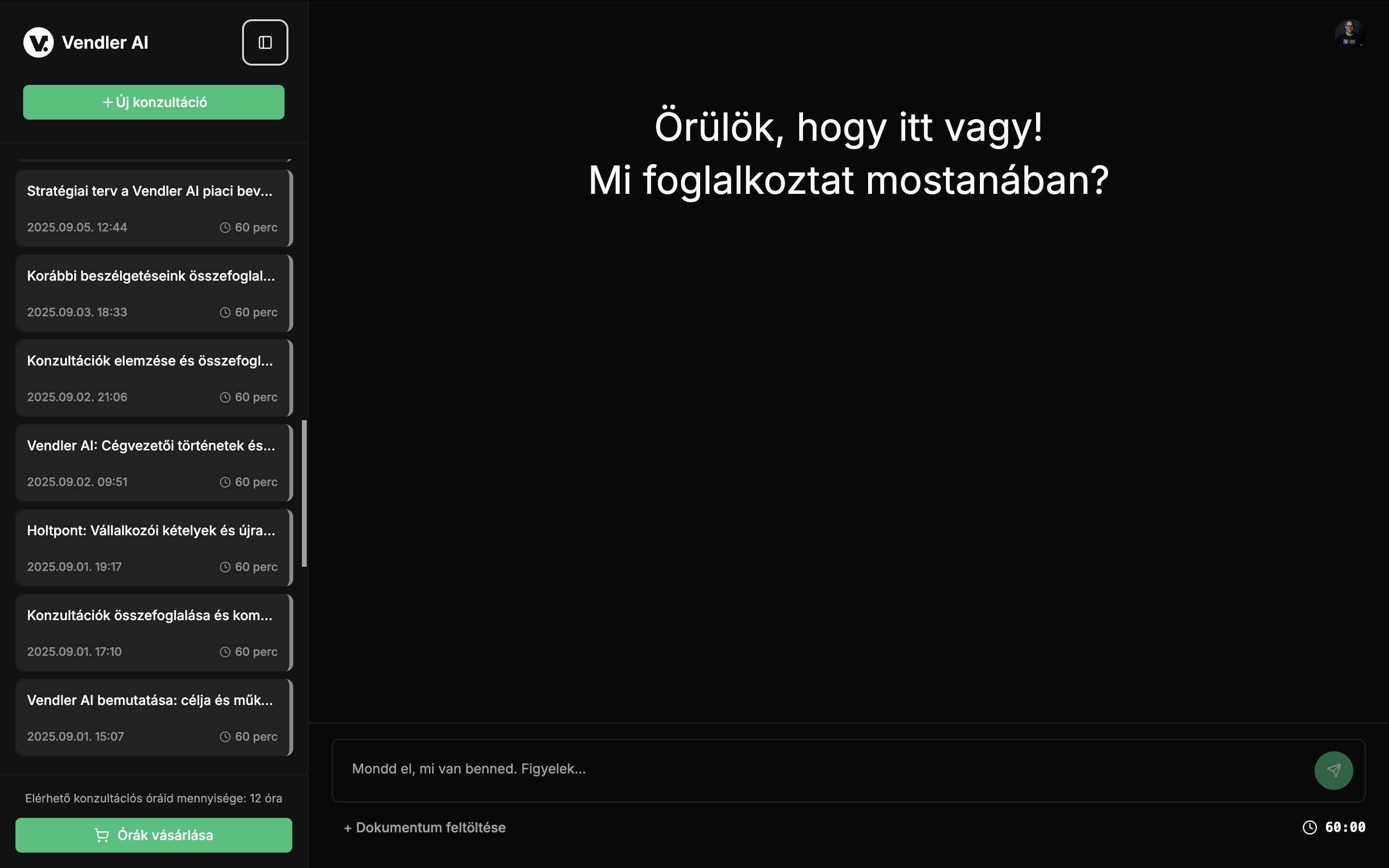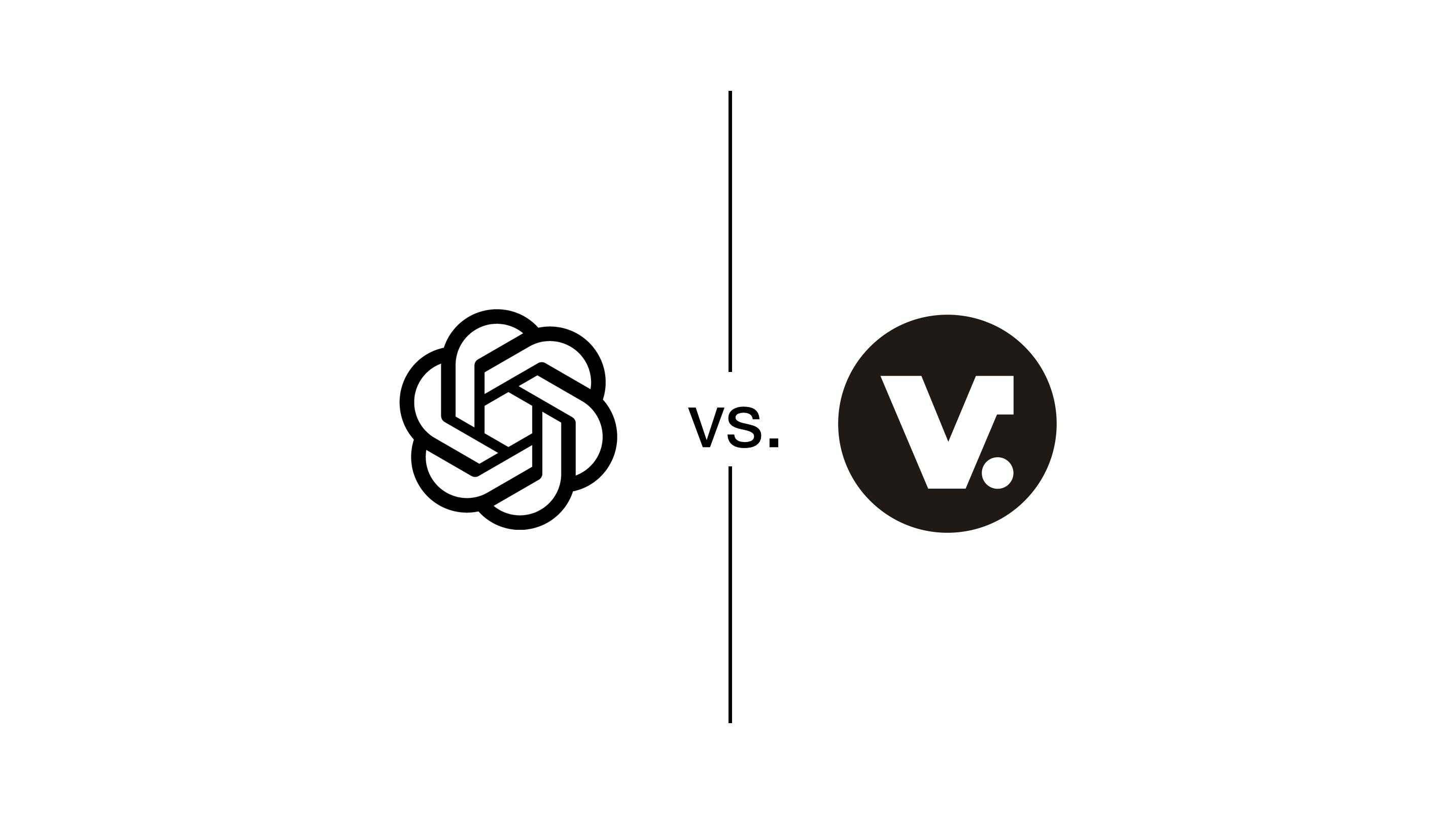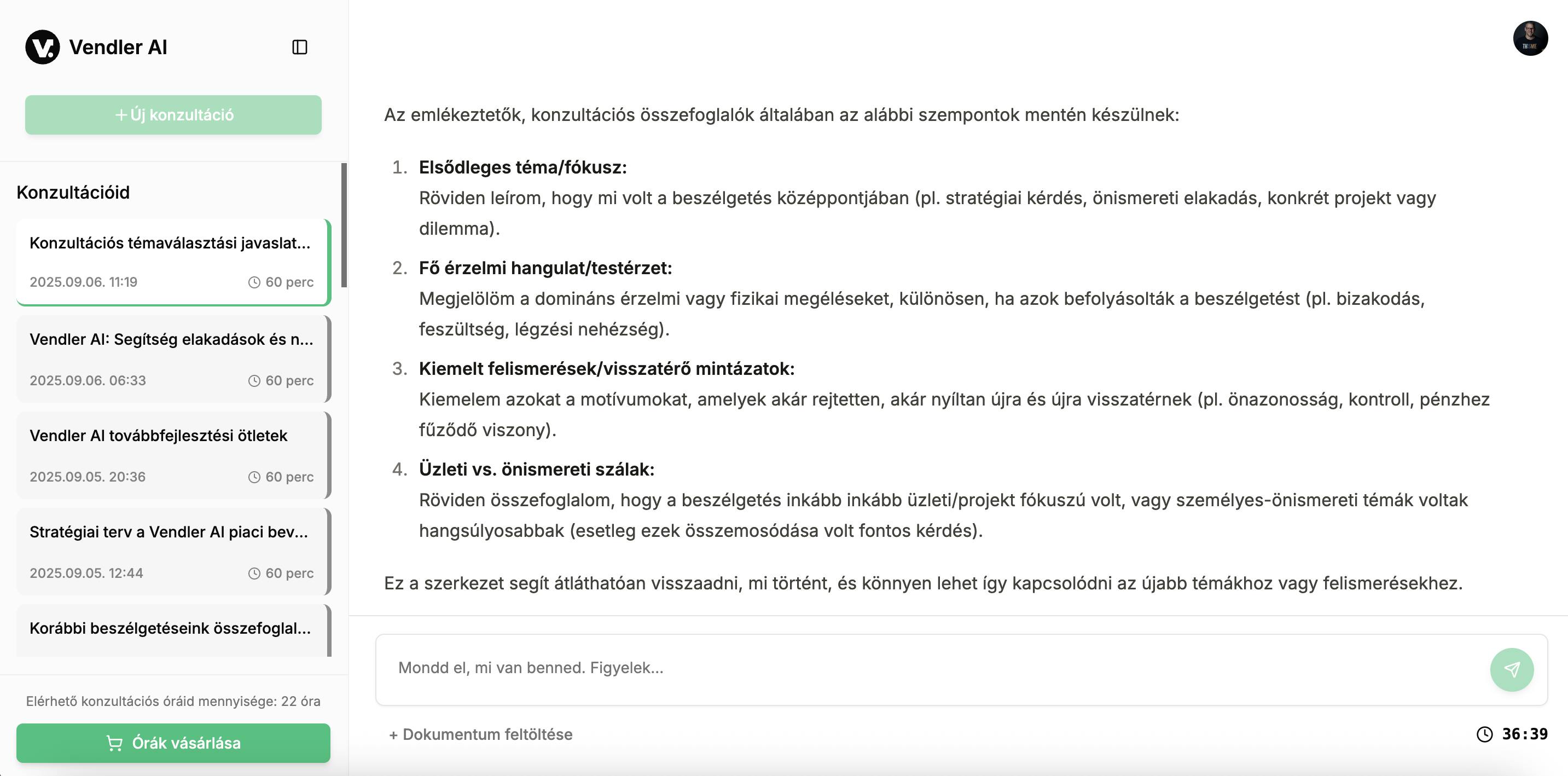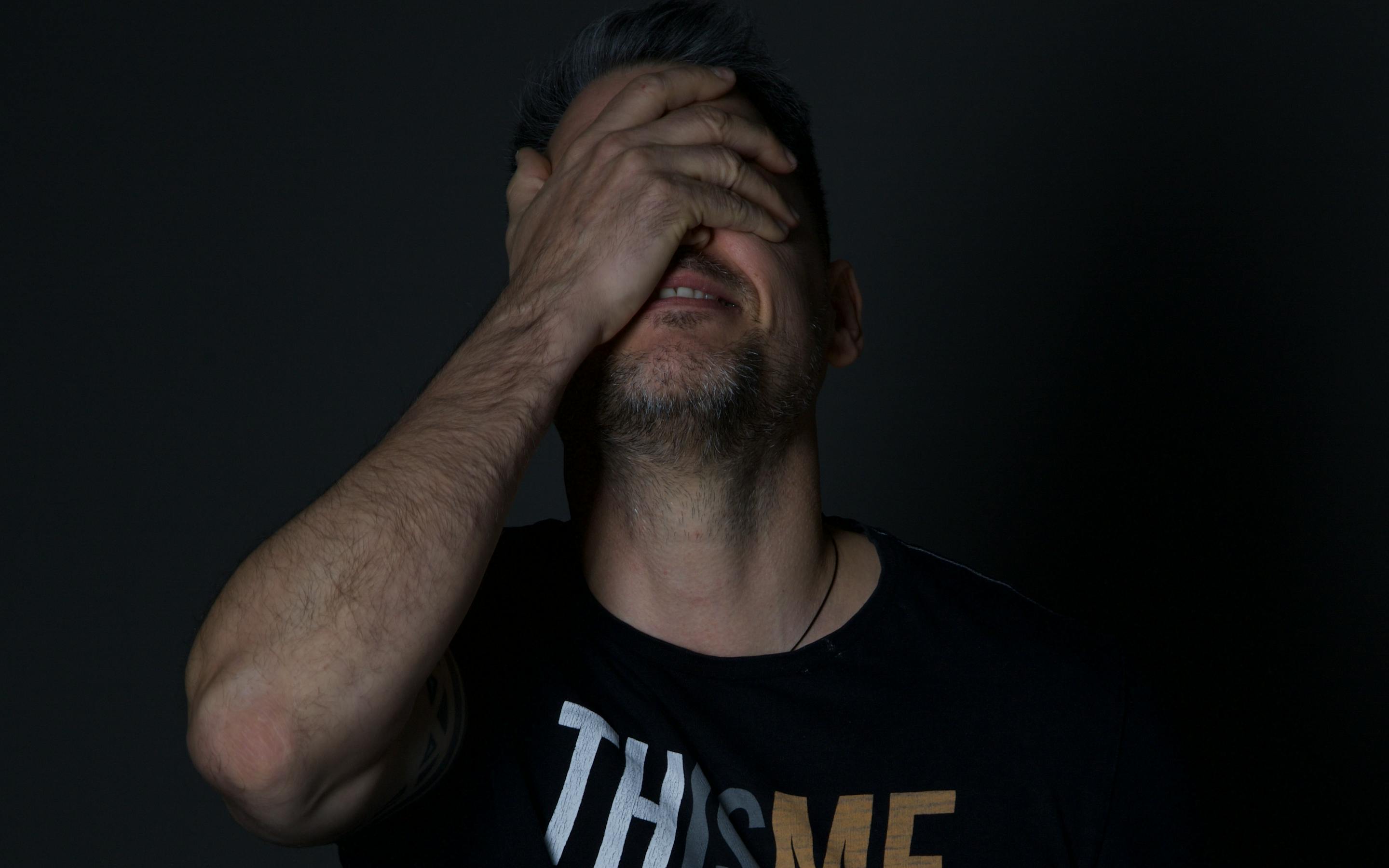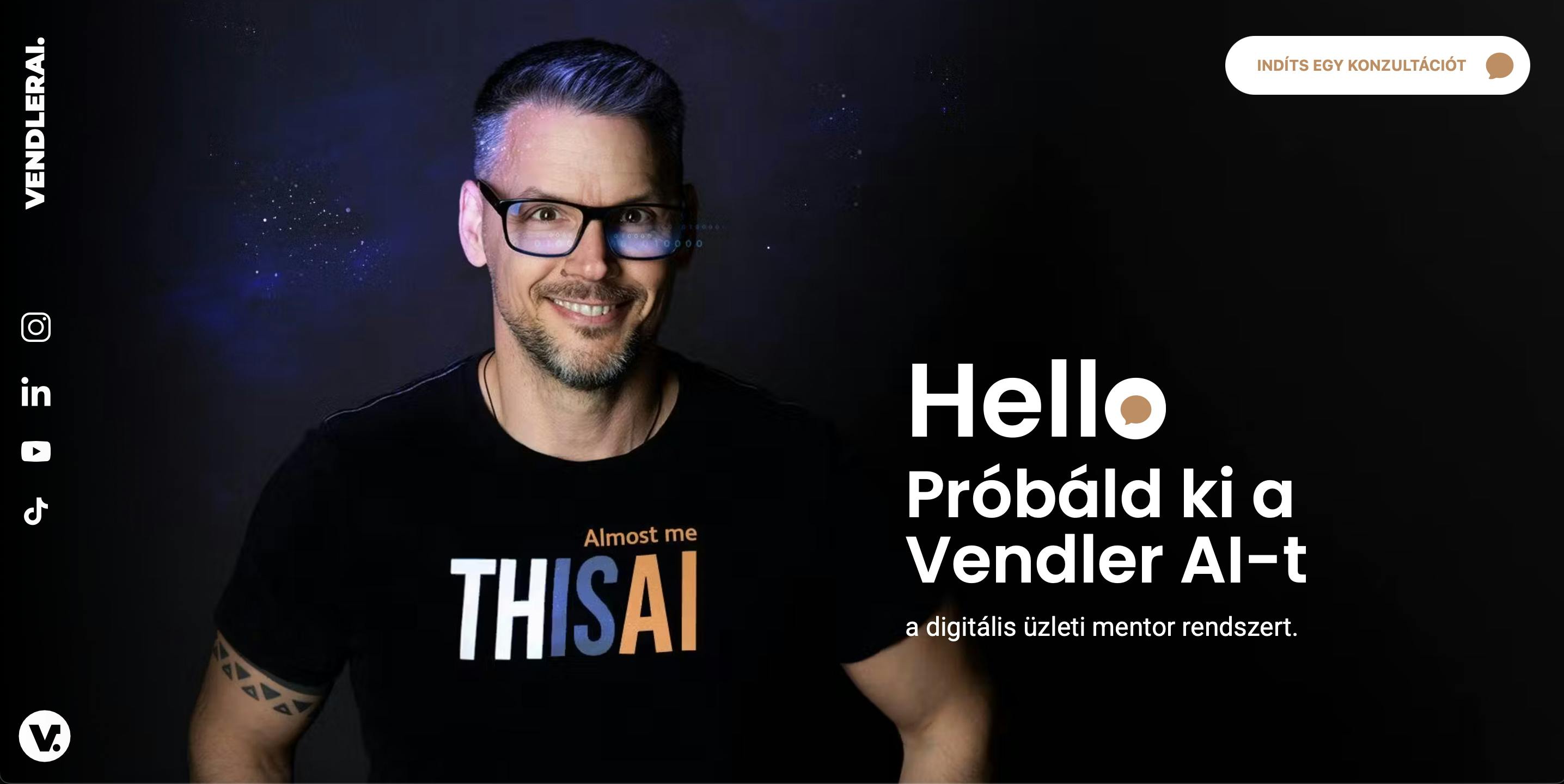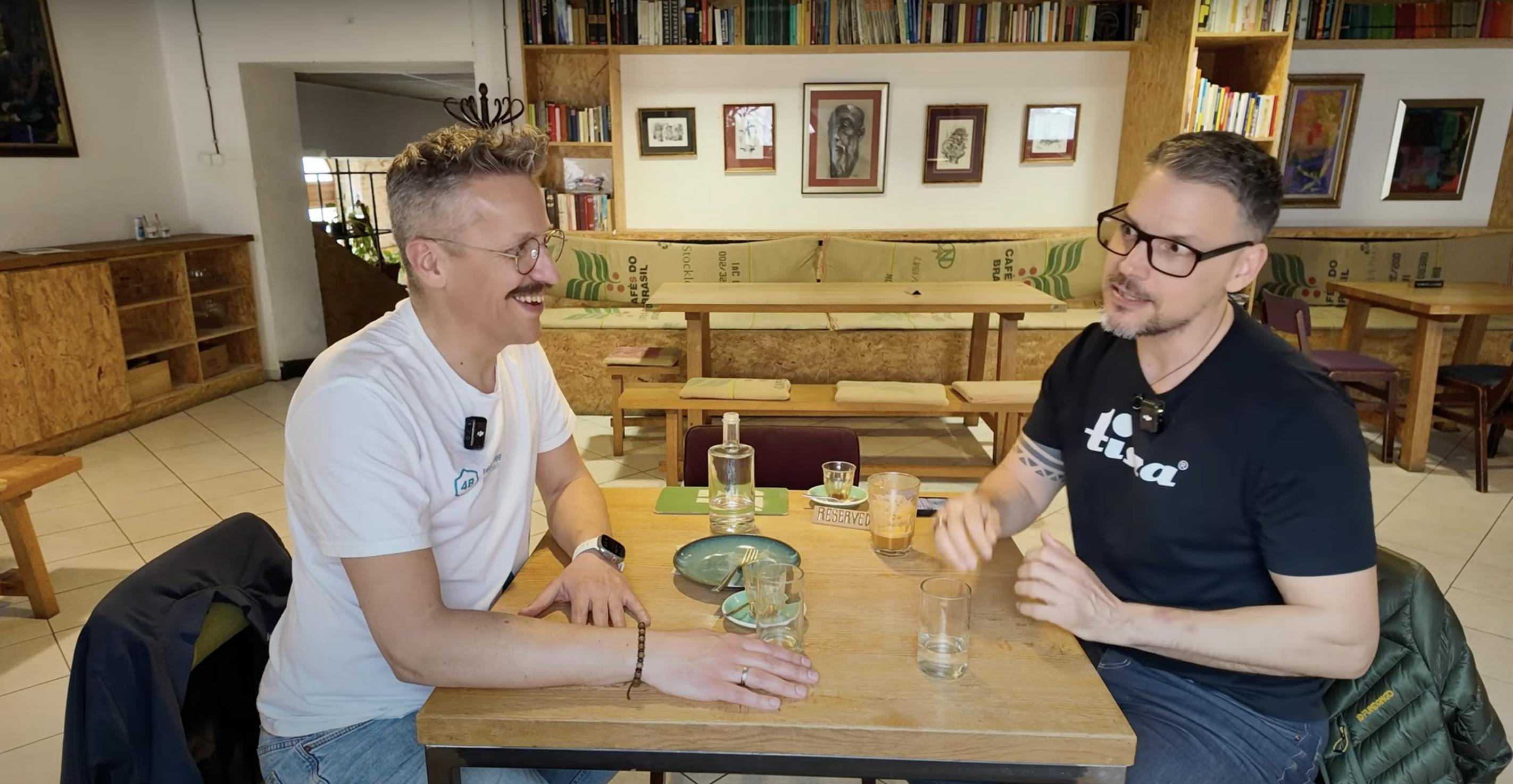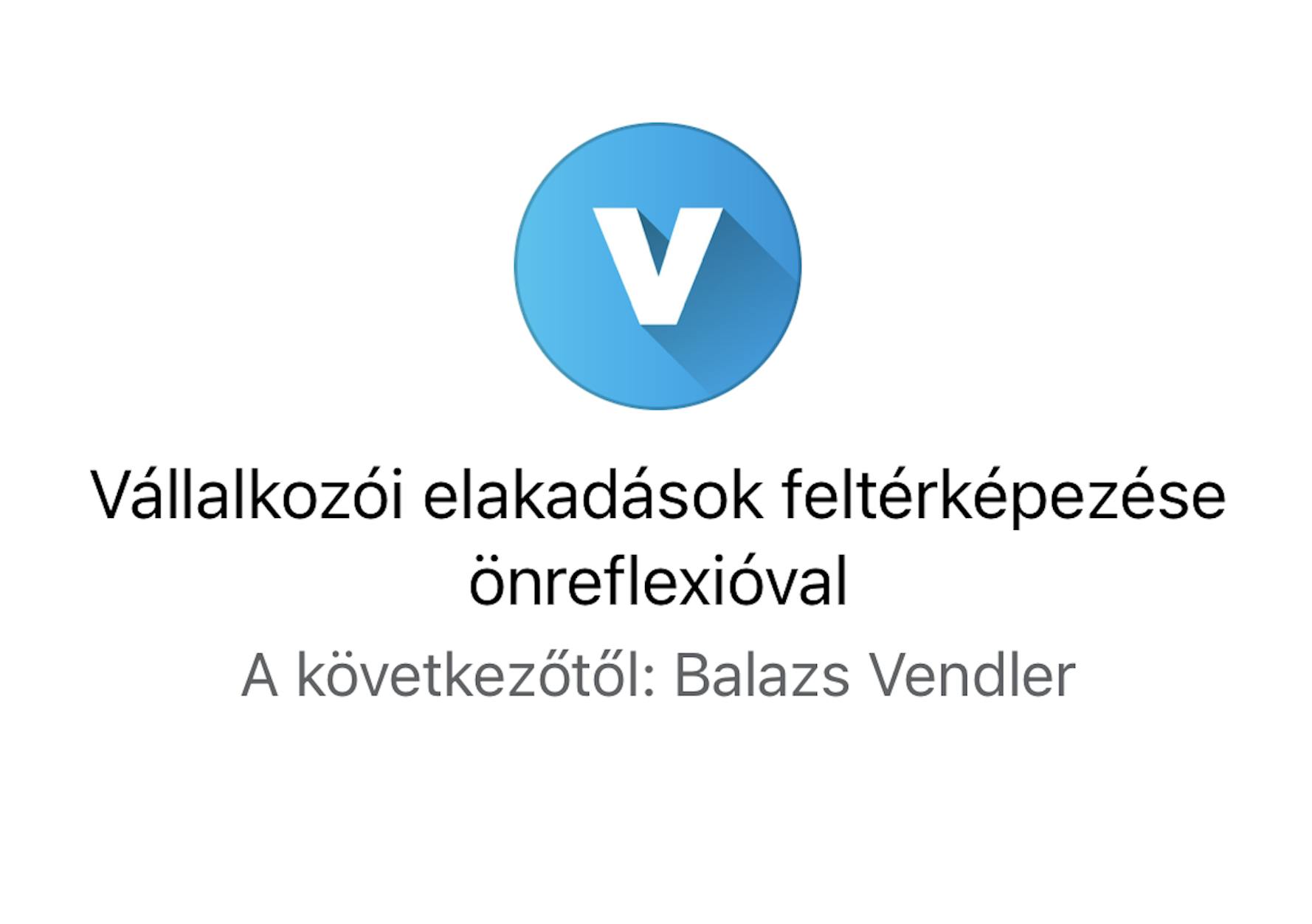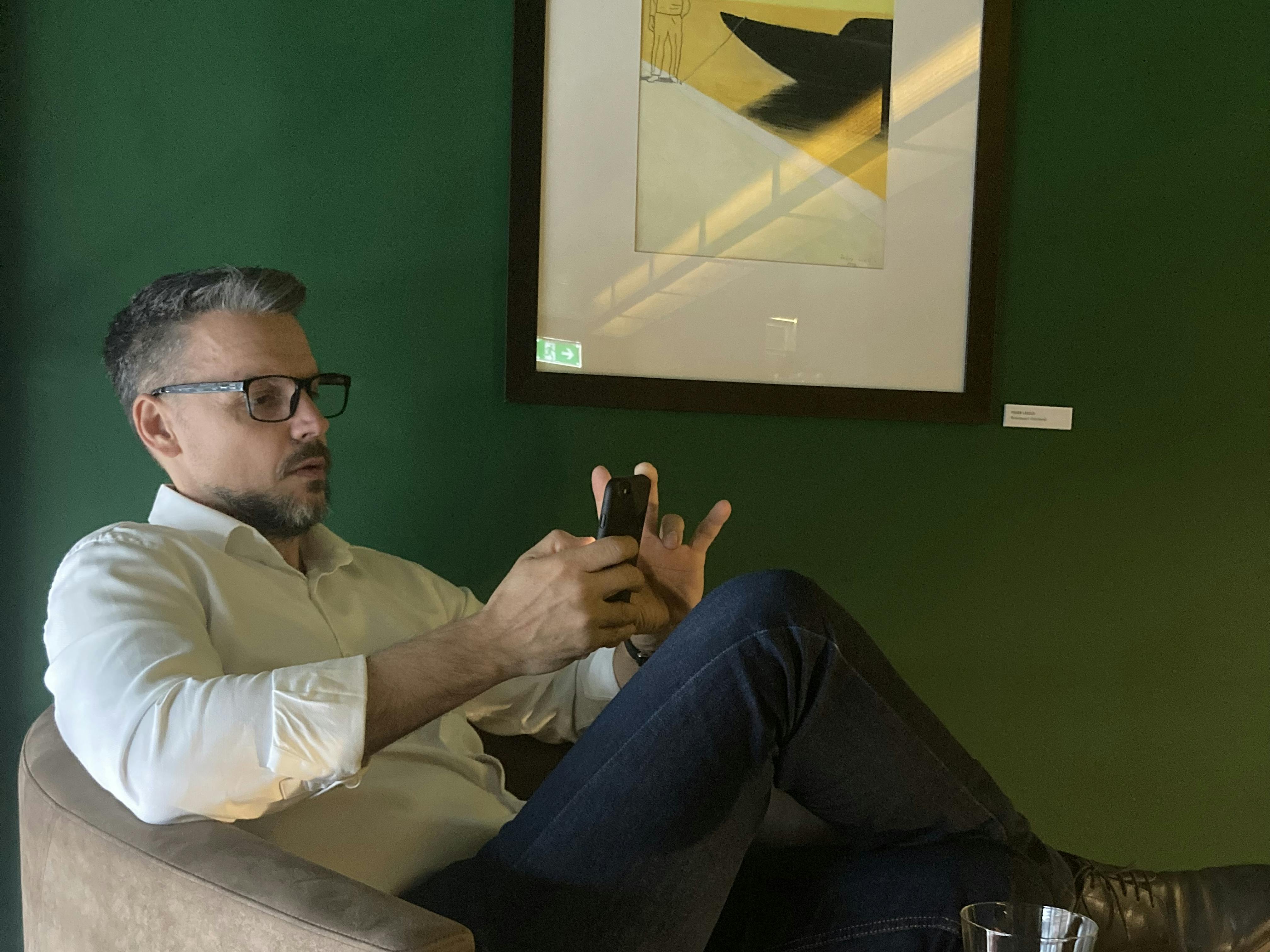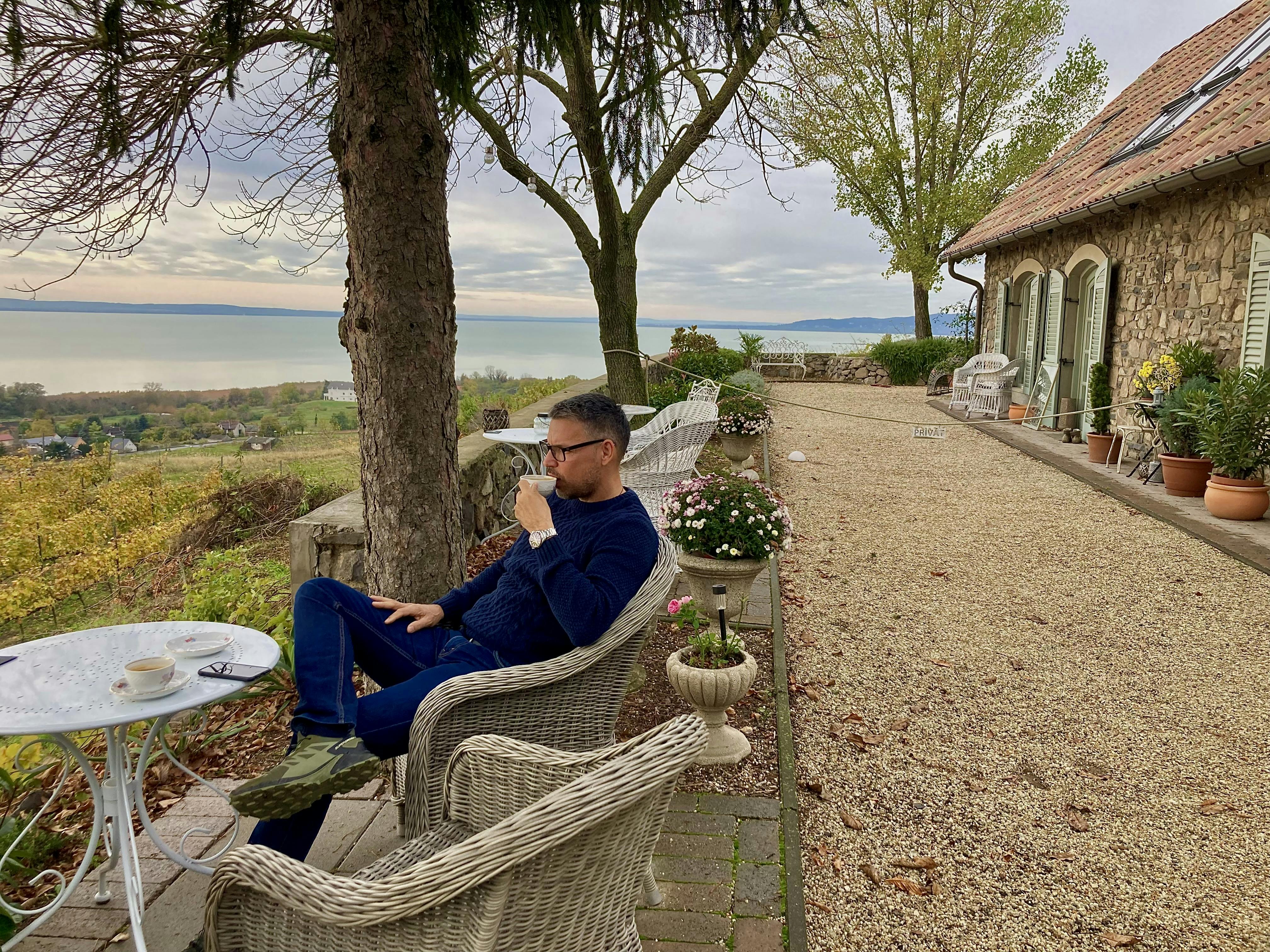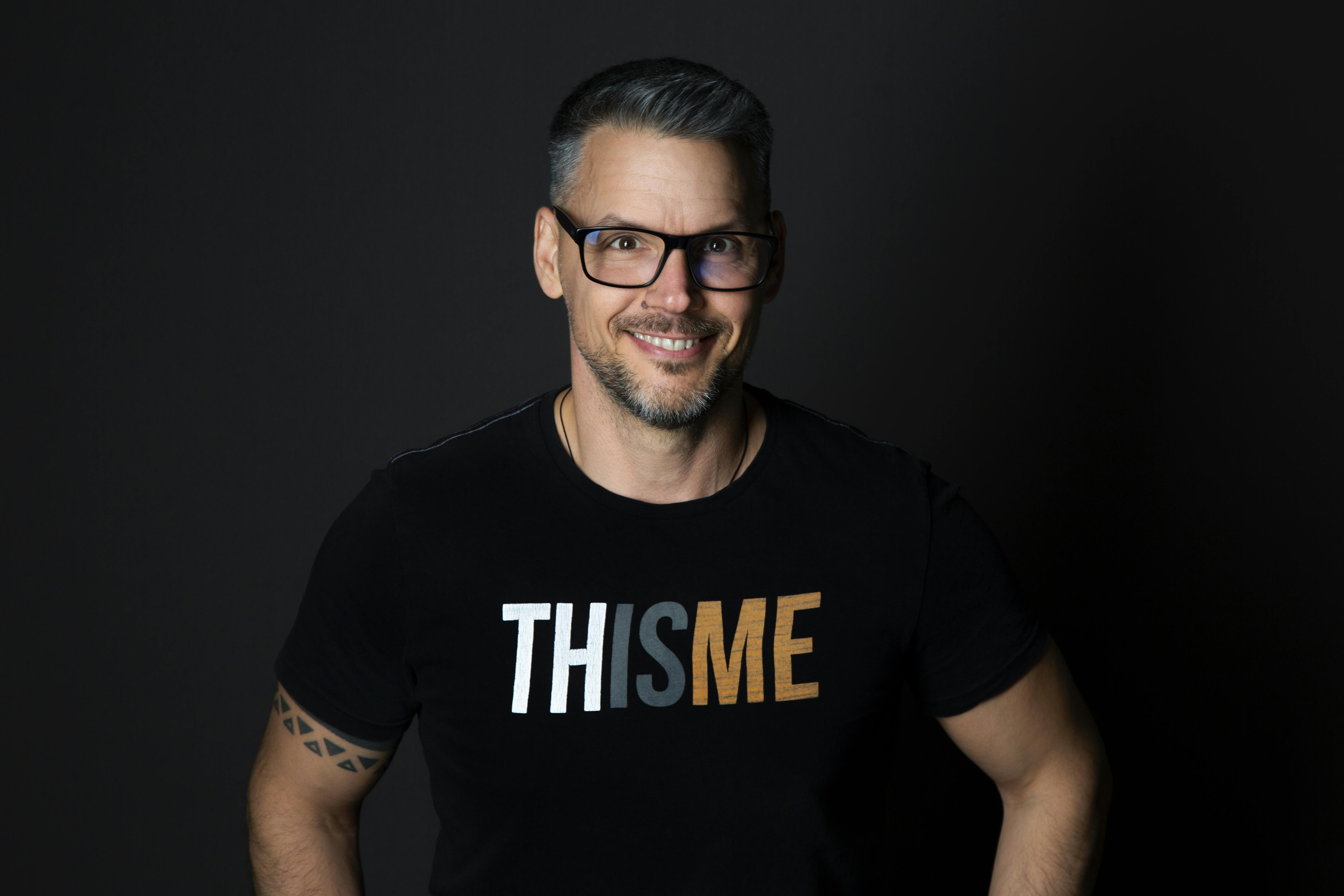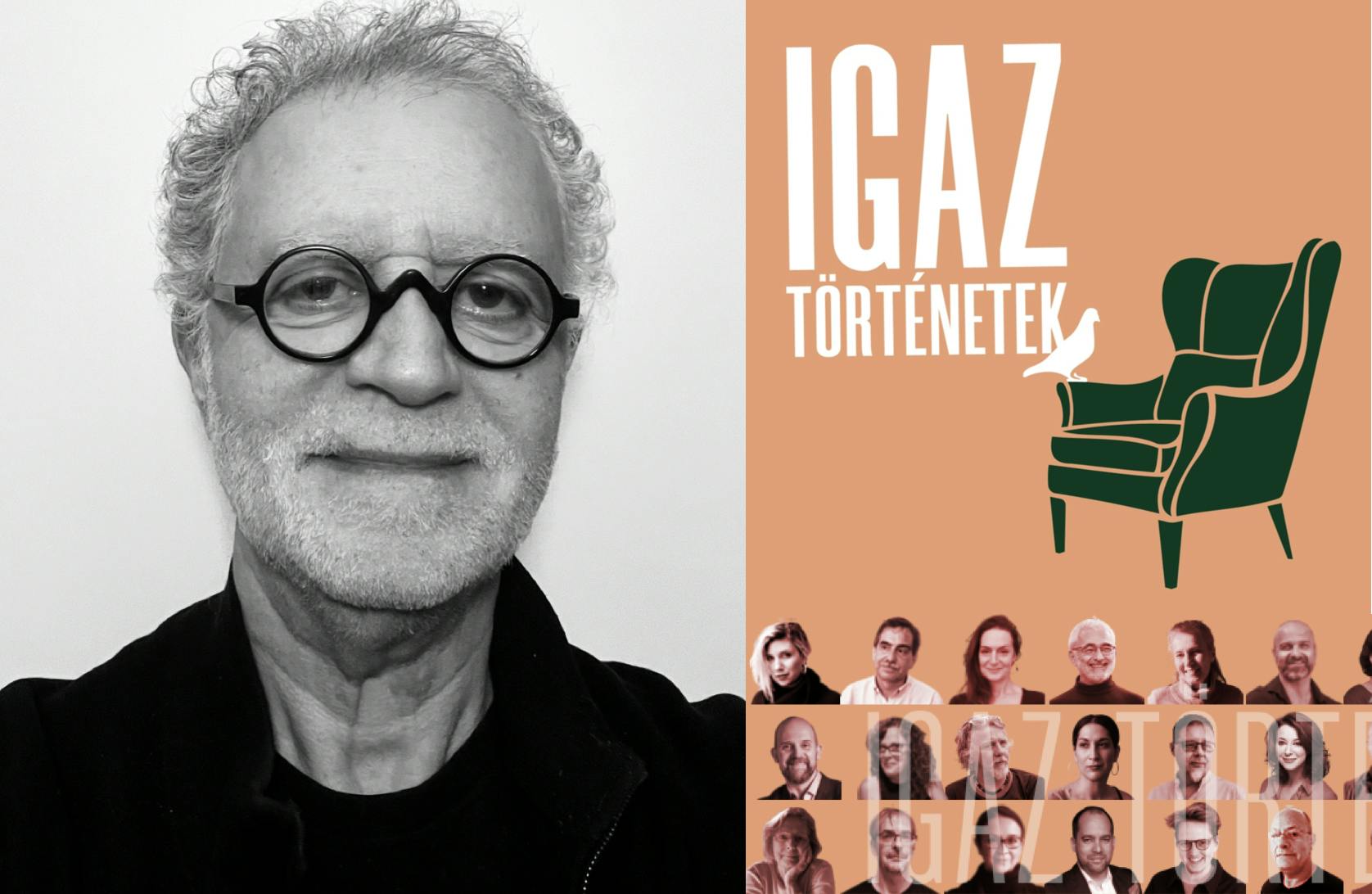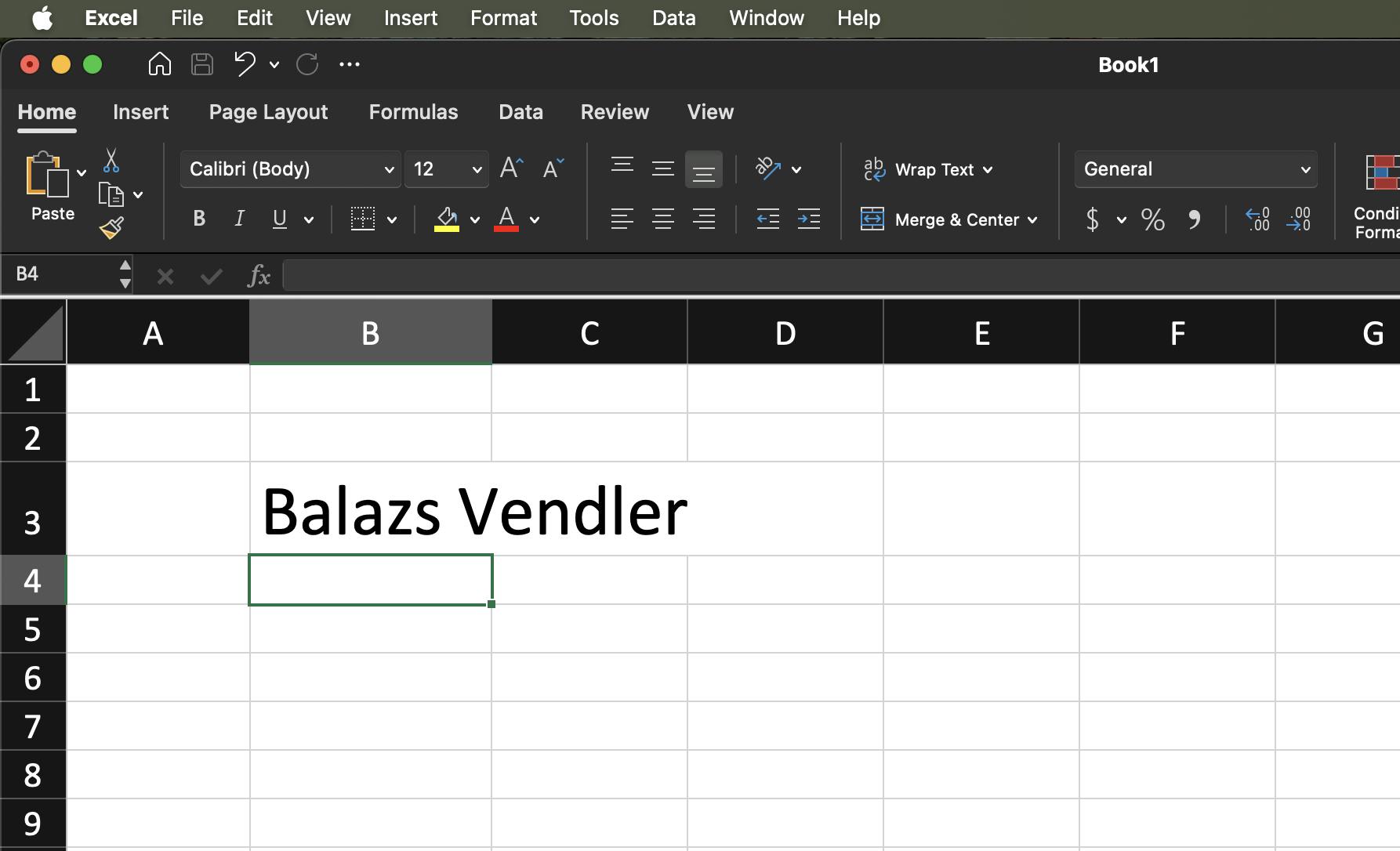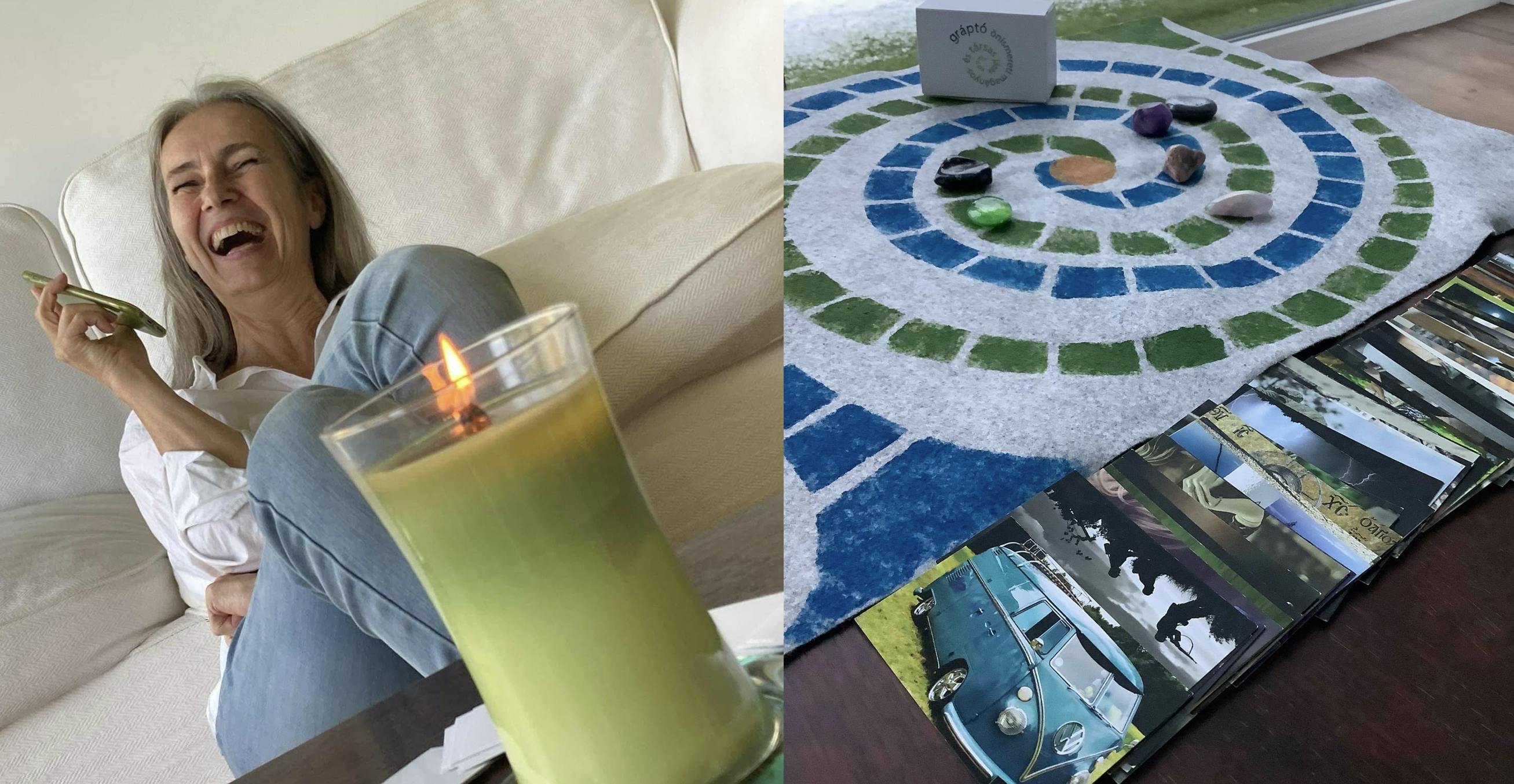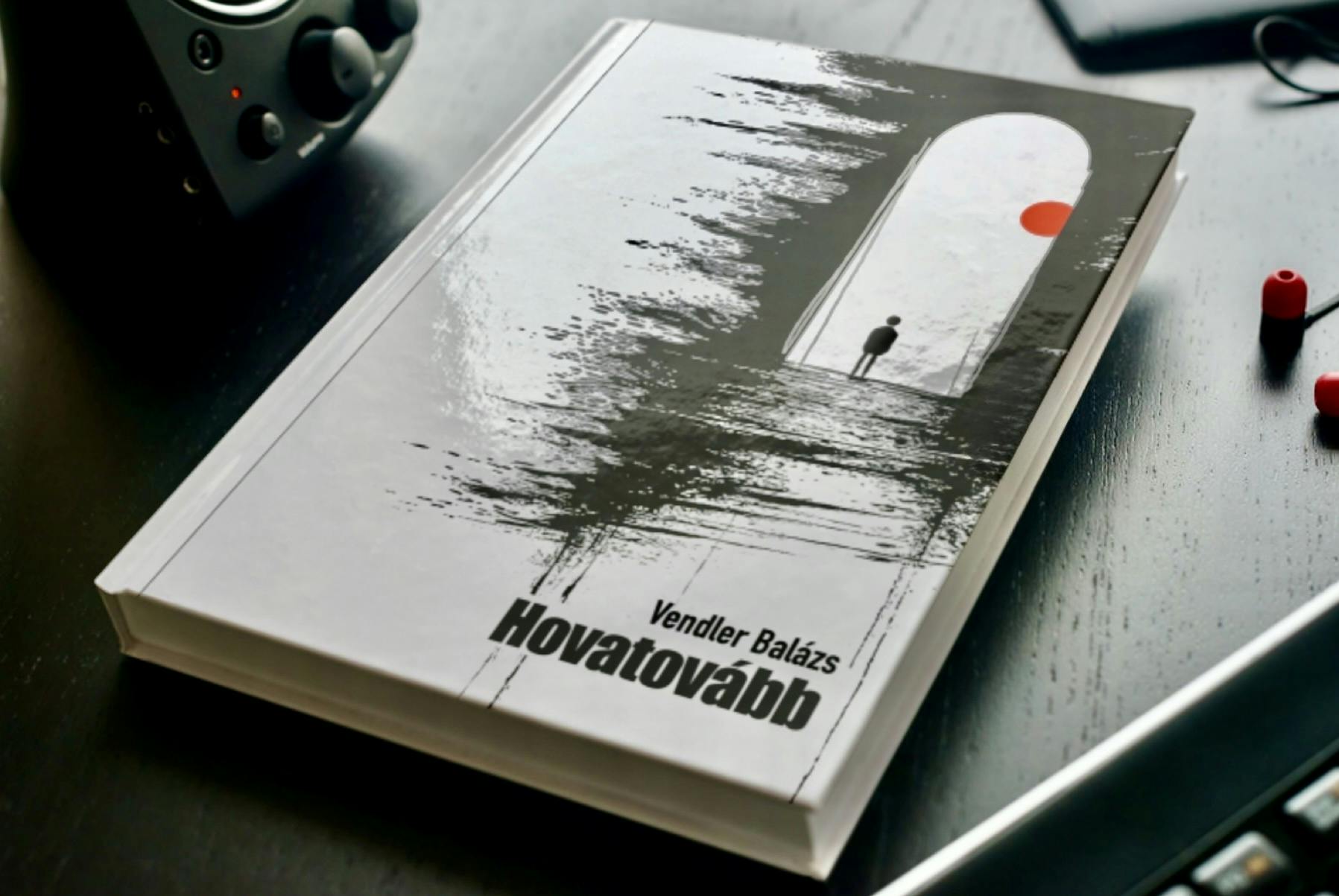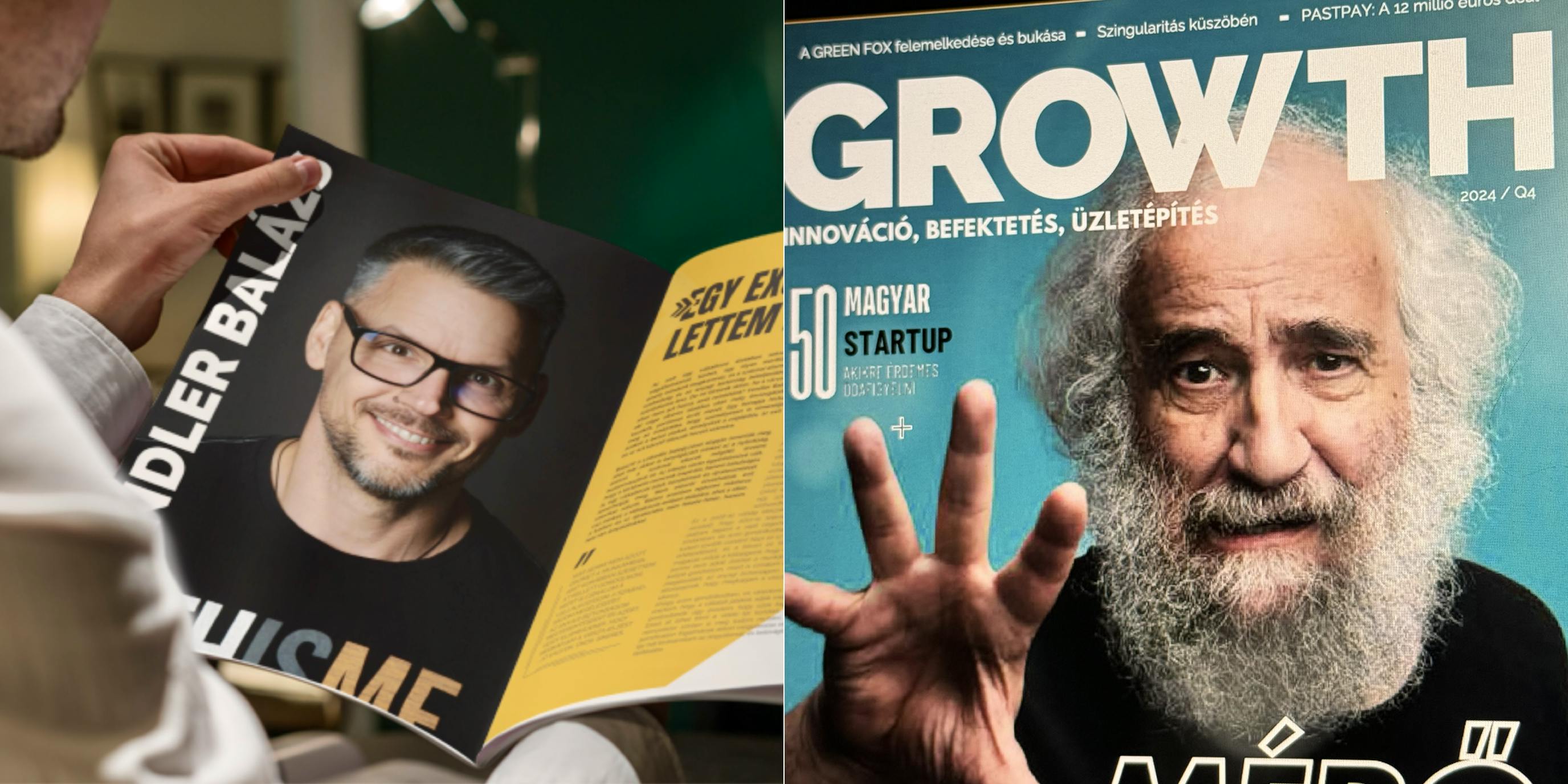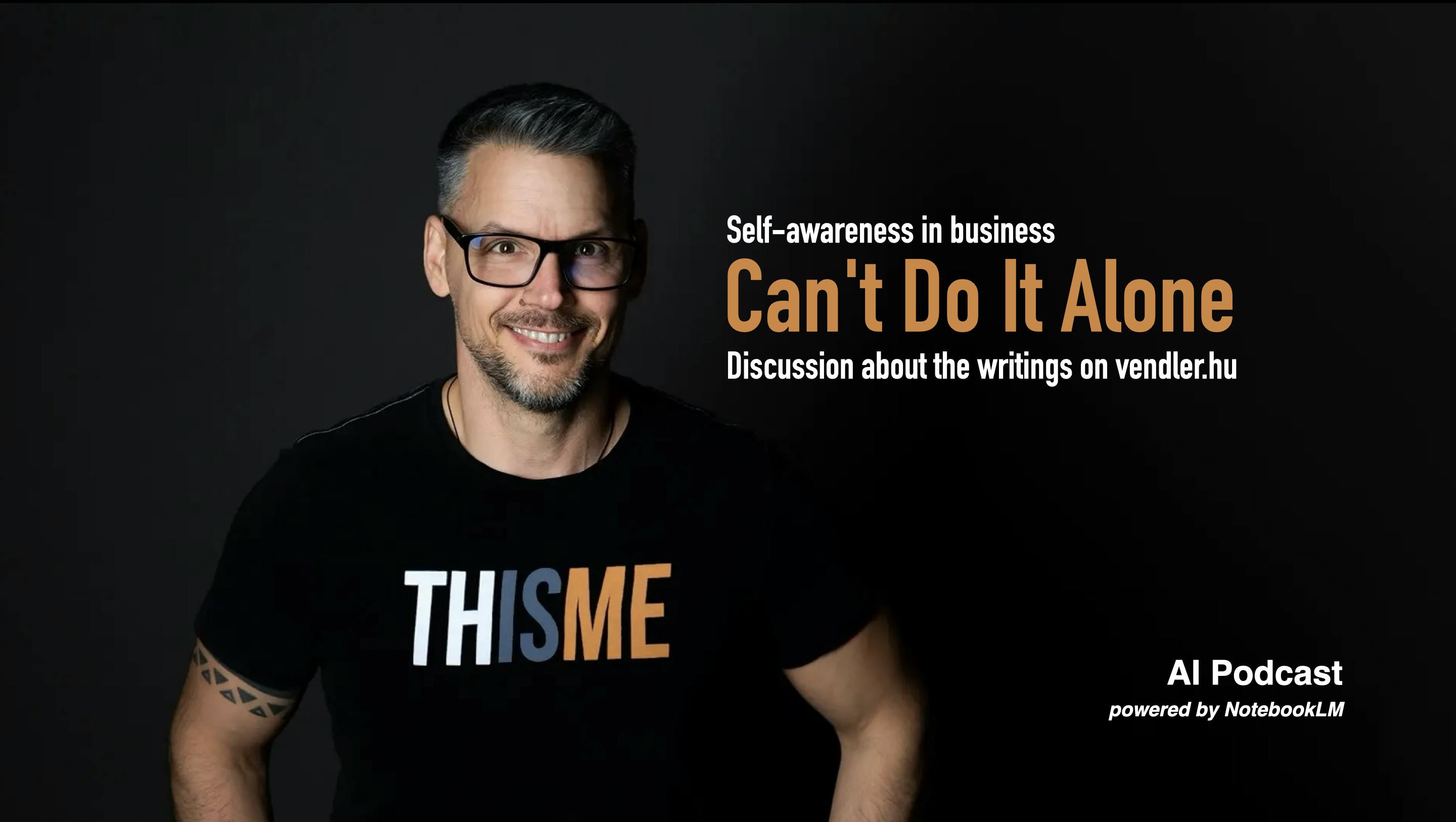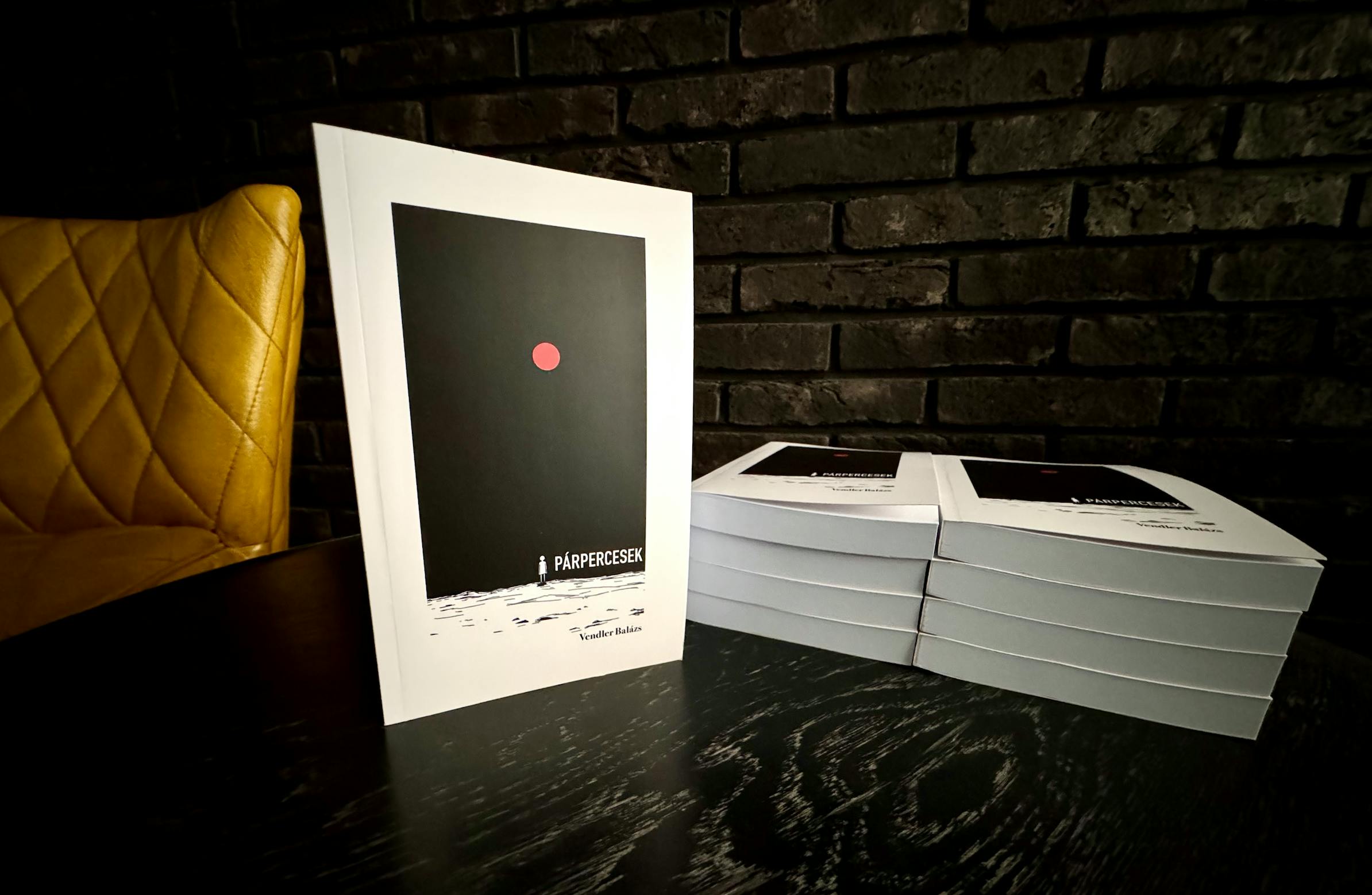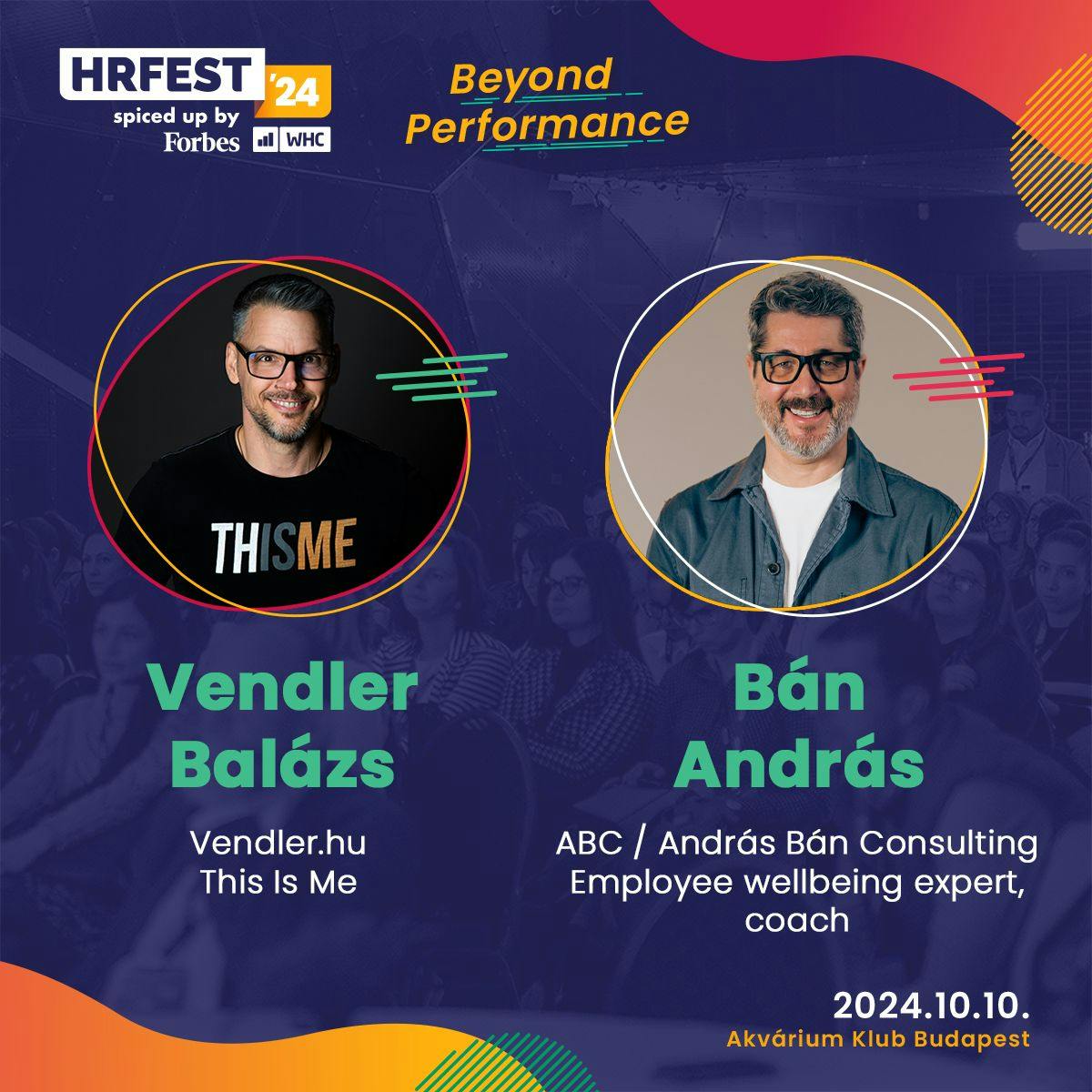
What’s Wrong with the Helping Professions?
2025.09.18.
I had a conversation with a psychologist friend who, a bit worn out, admitted how tired she was of listening to her clients’ problems. Most of them, she said, don’t even realize how foolish their actions are.
I get it.
When a “patient” sits across from a helper, telling their misery, while the helper is silently thinking how bored they are with hearing the same nonsense again and again—knowing full well that nothing will ever change—then really, who is helping whom?
The professional collects their hourly fee or ticks off another session from a prepaid package and waits for the next face to show up—or better yet, for the day to finally end.
I’ve been mentoring for three years now, with over 200 entrepreneurs and more than 1,000 hours of mentoring conversations. Most of my “clients” never paid me, but I had no hesitation to stop a conversation if I wasn’t genuinely curious about the person and couldn’t connect. And I told them so.
I’ve thought a lot about when I can truly be present, when a conversation really works.
I experimented with different business models: I tried pro bono, then hourly-based solutions, sold mentoring in packages, then came “pay what it’s worth” or “pay or share” formats. I organized mastermind groups, and finally, I launched a community house for entrepreneurs—the Lost Garden House—where I observe the structuring and incubating power of space.
I believe the real value in this work lies in the connection itself. In the way I and the people who come to me tune in to each other, and what this brings about in the moment. It’s not my time that needs to be priced or charged—it’s what happens there. The mutual impact within the conversation and what it brings out of us.
So, the mentoring conversation is not where money is created—it’s where value is created. And that value needs to be marketed somehow.
The real question is: how can this value be monetized?
The hourly model is limiting, a book or case study feels too static. That’s why I envisioned an interactive system: an AI assistant that doesn’t provide ready-made answers but instead guides with questions—built upon my self-reflective writings and mentoring conversations as its knowledge base.
In this case, it’s not the person who attends the mentoring session who pays—instead, they contribute through the shared work, creating something that others, who never came, will eventually pay for.
The idea was born out of a ChatGPT conversation, evolved through CustomGPT experiments and a community campaign, into what it is today—a working prototype.
VendlerAI is a self-knowledge-based digital business mentoring system—an experiment in turning entrepreneurs’ journeys of company-building and self-discovery into a personalized, problem-specific product.
I’ll be sharing more about this process, the experiences, dilemmas, and opportunities at the upcoming event hosted by Mathias Corvinus Collegium (MCC) in Pécs.
Date: Friday, September 26, 2025 | 18:30–19:50
Location: MCC Training Center, Pécs (7622 Pécs, Czinderi u. 6.)

